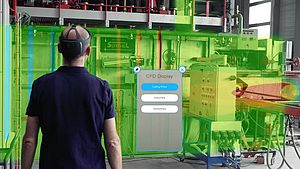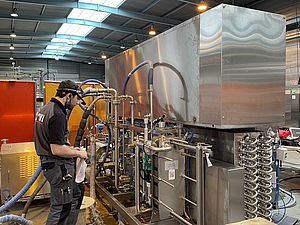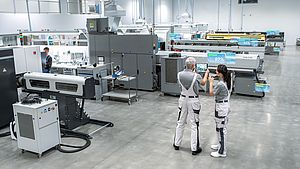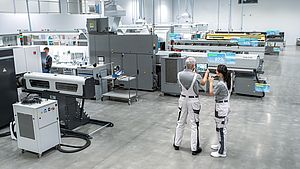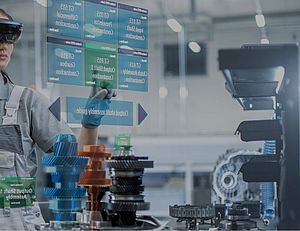PTC. Industry 4.0 is part of a long-term transition from a property-based to a usage-based model. Manufacturing industry players are thus developing offers focused on service provision rather than product sales. Distribution and billing procedures for vehicles, machines, and also everyday consumer products, are changing profoundly.
For users, this model guarantees primarily a service as opposed to the supply of a tool: service is ensured in all circumstances, and in the event of interruption, it is the manufacturer’s responsibility to oversee repair or replacement according to the terms and conditions stipulated contractually. On the financial level, it also represents a guarantee of control over the associated budget by minimizing risks: the cost of the service is known in advance and set for a fixed period. After that period, the user can choose to renew his commitment or not. In this manner, indebtedness is minimised without the constraints due to depreciation.
Customized services
The industry of the future is an industry that leverages data and uses it to develop new value proposals. By centralizing and exploiting product-related data, manufacturers have successfully developed innovative new services focused on their customers’ needs. The Internet of Things, combined with product life cycle (PLM) solutions, is an opportunity for real-time monitoring of the data for each product throughout its lifetime, so as to personalise the service offered to every user. Whether it is sold as a product or offered as a service, the monitored item can be linked to services aiming at optimizing its performance according to each customer’s usage: servicing, customisation, predictive maintenance, performance analysis, advice, etc.
Integrate the principles of a circular economy
The through-life monitoring of product-related data involves others benefits. It also enables manufacturers to take charge of new aspects of production and in particular of the recycling, refurbishment, and upgrade part of raw materials, and even waste management. These are all examples of services inspired by the circular economy, that can help create value differently while drastically reducing the environmental impact of industry.
More flexible economic models in support of financial performance
Consequently, these new economic models offer key advantages to users, as well as from an environmental perspective, which explains both their commercial success and the enthusiasm they arouse in terms of CSR. However, in order to be viable, they must also act as drivers of growth for the manufacturers that implement them. Yet the customisation of products and services is also a singularly profitable commercial procedure. By diversifying company earnings, it also makes these companies less dependent on cycles of production and sales by creating a recurrent revenue base. Servicification also gives them an opportunity for accurate and real-time assessment of the margins obtained on each offer, and to select over time the most profitable approaches. Thanks to their greater flexibility, these marketing routes allow the commercial offer to be effortlessly tailored to market developments with a view to optimising the company’s financial performance.
Olivier Helterlin, VP Sales - France Benelux and Switzerland & Managing Director of PTC France





